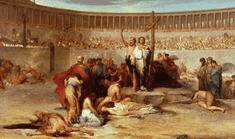 Yes, I posted the set of most influential books I read in 2016. Yet, there are three books that have significantly moved me to rethink my gospelology (how come that’s not a word). Granted I’ve been heading this way, but in God’s gracious providence, he allowed or choose these three books to enter publication and find their way to me. The books underscored the things God has been teaching me this year. Two words can sum up what has been taught: horizontalization and leveling. The three books are:
These three books, more than anything, taught me about the two words--horizontalization and leveling--and their importance for a better, more proper understanding of the gospel and church.  I am sure I will post something soon on “horizontalization” and “leveling,” but for now, it is enough to say that God has taught me that the uniqueness of the gospel is leveling, that is, there is a leveling among believers unlike anything else upon earth. The table or the partaking of the Lord’s Supper is a leveling event (or should be). Our fellowship, i.e., our church life and worship, is a leveling of our social status’s. Whereas “leveling” is what should occur among believers and through its events of worship, the Table, baptism, and living in the world, “horizontalization” is the effects of the gospel that are displayed to the world; what outsiders, nonChristians, the unchurched, and the powers should see in and through our behavior, our habits, and our systems (i.e., the way we worship, the way we facilitate the Table, the way we do baptisms, and the way we live among people and together as a church). In other words, where such social leveling occurs, the church is displaying the horizontalization of the gospel. This is what I have been taught this year. Now, let’s see if I have learned anything. Check out my sermon on John 13, Jesus’s Community of Footwashers: His Public Presence in Caesar’s Arena of Death, that offers some of the insights on what I have been taught about "leveling" and "horizontalization." There is a link on that page for downloading the sermon and for listening to it as well (if you have the time).
0 Comments
The local church as the “thin place” and “the space between”: “Thin place,” a sacred place or space where unseen mysteries of the other world (i.e., “the heavenlies”) and the material places of the earth touch. A “thin place” is where one can walk in two worlds at the same time, a place of liminality—a place where the two worlds (seen and unseen) are fused or mingled together, yet where distinctions can be discerned. “A thin place” is where the boundary between heaven and earth is especially narrow, a place where a sense of the divine is more readily perceived. The church (a local church) as God’s household-temple is such a “thin place.” The “space between” is the common or transitional space where boundaries are fluid, a mix of human activity, specifically that space between the build environment. The church (a local church) is such a “space between” [from C. M. Anderson, “The Sacred “Thin” Space Between: (Eph 3:16): The Temple- Church as Revelation of God's Reconciling Mystery and Its Potential for Church Growth Outcomes” (paper)].
*This is the third instalment of quotes from my presentation on "Church (local), the poor and their neighborhood," which are focused on applying the Bible, especially in the context of "neighborhood." For all the posted "Church (local) quotes >>
“The Pharisees and their scribes began grumbling at His disciples, saying, ‘Why do you eat and drink with the tax collectors and sinners?’” (Luke 5:30). Was struck this morning in my daily Bible reading concerning the phrase “tax collectors and sinners.” If we, that is the church (the body of Christ) that is now the presence of the ascended Jesus (that is his body in a place), how is it that we (not as individuals, which is a wholly modernist and ‘merican notion of church applied to the nature of the Christian life, i.e., replacing “wēs” with “I”) are not at a place--in a space--where we are accused of “eating and drinking” (there’s the idea of meals again) with “tax collectors and sinners”?
Instead, we are safely tucked into a building designed and with habits to distinguish who's in and who's out, where all leveling is errased, and we have power over guests; a place where we can escape being aligned with the “Son of Man” and being maligned as a gluttonous group and drunkards, friends “with tax collectors and sinners.” And, gathered in a space that is, in many places, not at all welcoming (easily accessible by design and by default) to “tax collectors and the sinners” to come near to find Jesus and to listen to him. Now such association with the likes of these people and populations, that is the equivalent to “tax collectors and sinners,” is relegated to church programs outside of the practice (i.e., worship) of the body, to specialists and volunteers, and carefully guarded and designed events. (Don't get me wrong, I know it is important to have worship time—but the early church met in homes that allowed for a mixture of believing and unbelieving to be present, both around the table and within eye-sight and ear-shot.) I am impressed, however, with the idea, amid the wider reading of the New Testament, that this is a church problem, not a volunteer or scheduling problem. These texts (and way too many like them, e.g., Matthew 9:9–13) are ignored as texts to be applied to the body of Christ (local). How does the body of Christ, not individual Christians severed, apart from the gathered body—on their own time and amid their own convictions and conscience and resources—but, the church be Jesus in this way so that “tax collectors and sinners” are seated at the table in his midst? Perhaps, then, we will, once again be accused of eating and drinking and associated with the marginal and despised, tax collectors and the sinners. Rethinking church.
*The second set quotes from my presentation on "Church (local), the poor and their neighborhood" focus on the word "patience." The use of the word sheds light on the problem of allowing the status quo regarding the issues of poverty. It is a nice, maybe even comforting thought, that we need to trust that God will sort out all the justice issues--yet, such an attitude keeps the poor right where they are. Today. Tomorrow. For all the posted "Church (local) quotes >>
*Here are the first set of quotes from a presentation I gave on "Church (local), the poor and their neighborhood," where I sought to ask: "If a local church is “the flesh of a neighborhood” (i.e., the body of Christ local), does this mean a church should be activity concerned about the flourishing of its neighborhood?" This is the first post of a series of quotes (sets of quotes) to provoke our laissez-faire attitutdes and posture toward the issues of poverty and regarding the poor. For all the posted "Church (local) quotes >>
|
AuthorChip M. Anderson, advocate for biblical social action; pastor of an urban church plant in the Hill neighborhood of New Haven, CT; husband, father, author, former Greek & NT professor; and, 19 years involved with social action. Archives
February 2024
Categories
All
|
Pages |
More Pages |
|
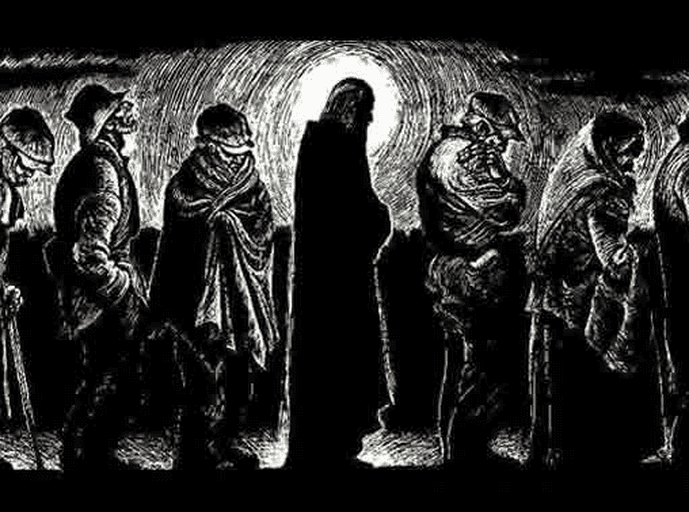
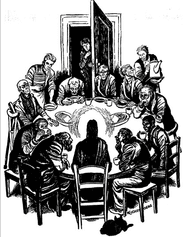
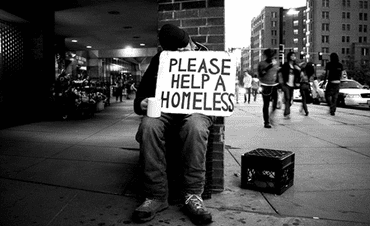

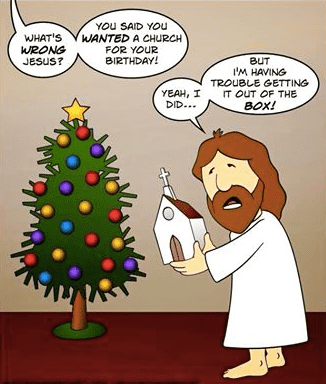
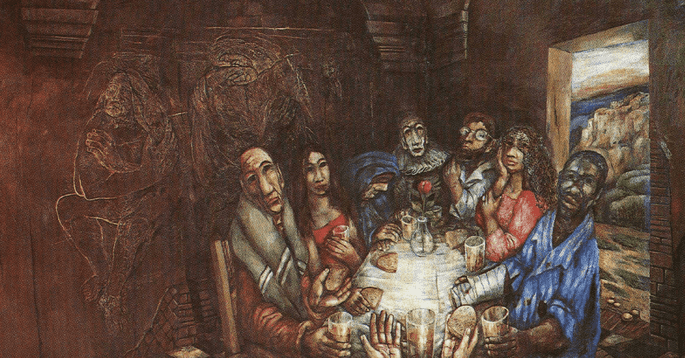
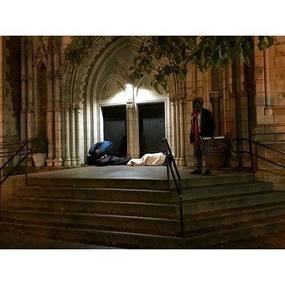
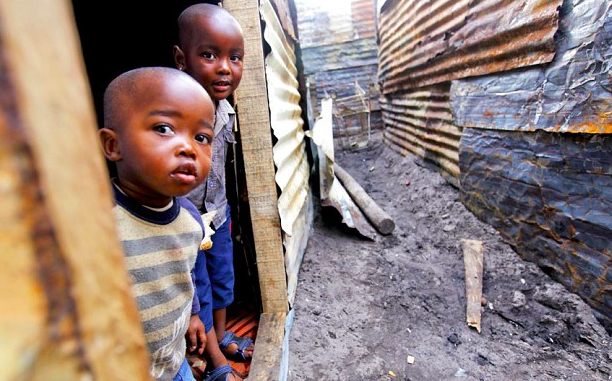
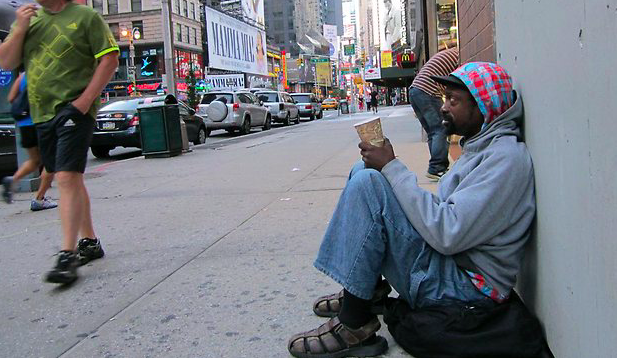
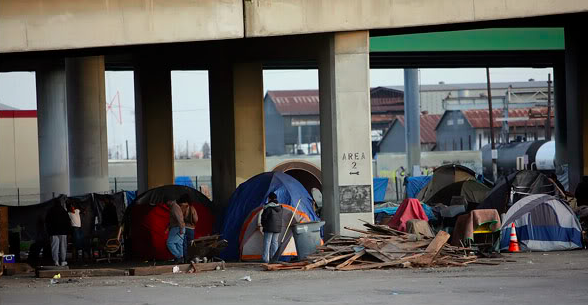
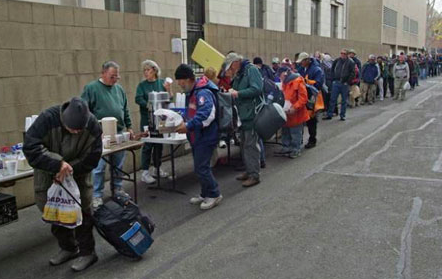
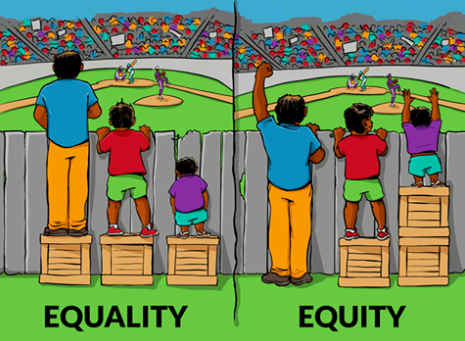
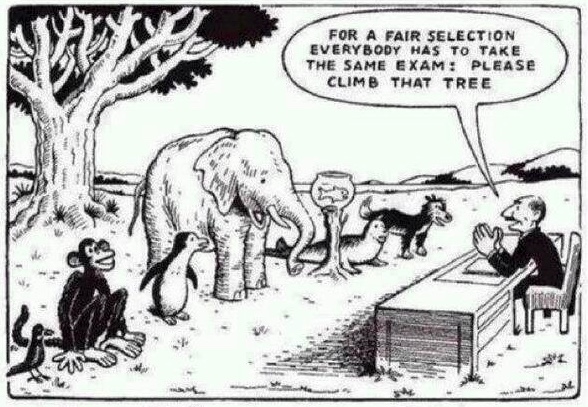
 RSS Feed
RSS Feed